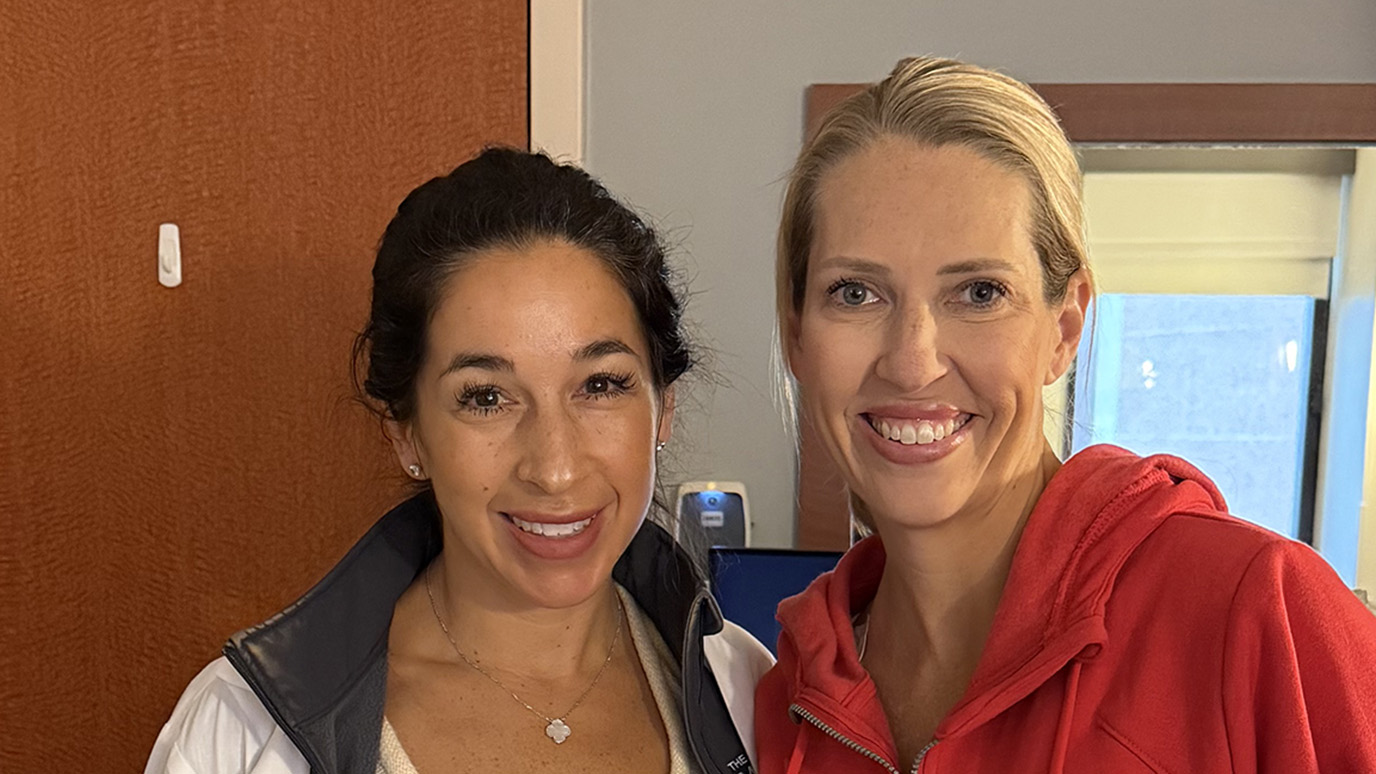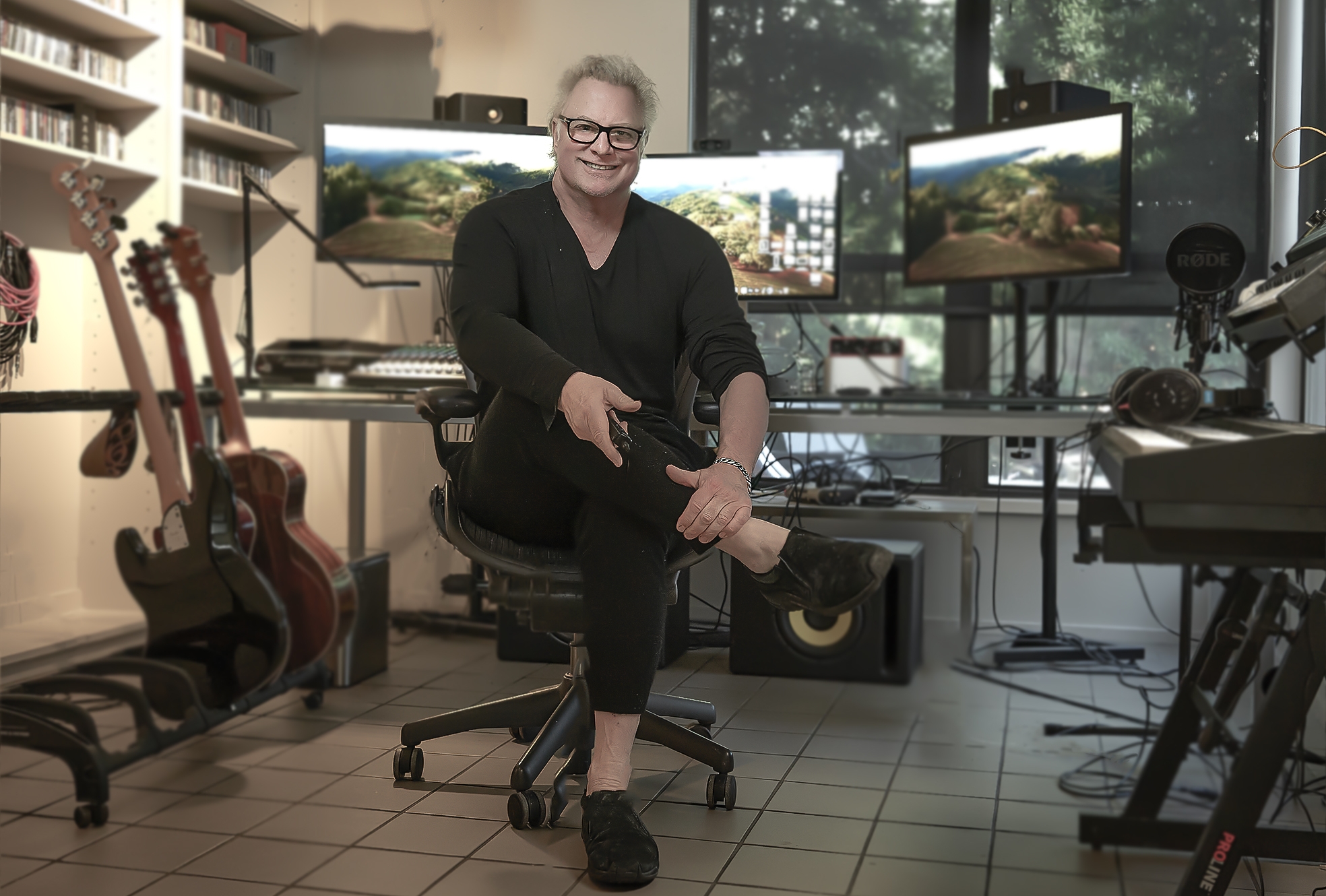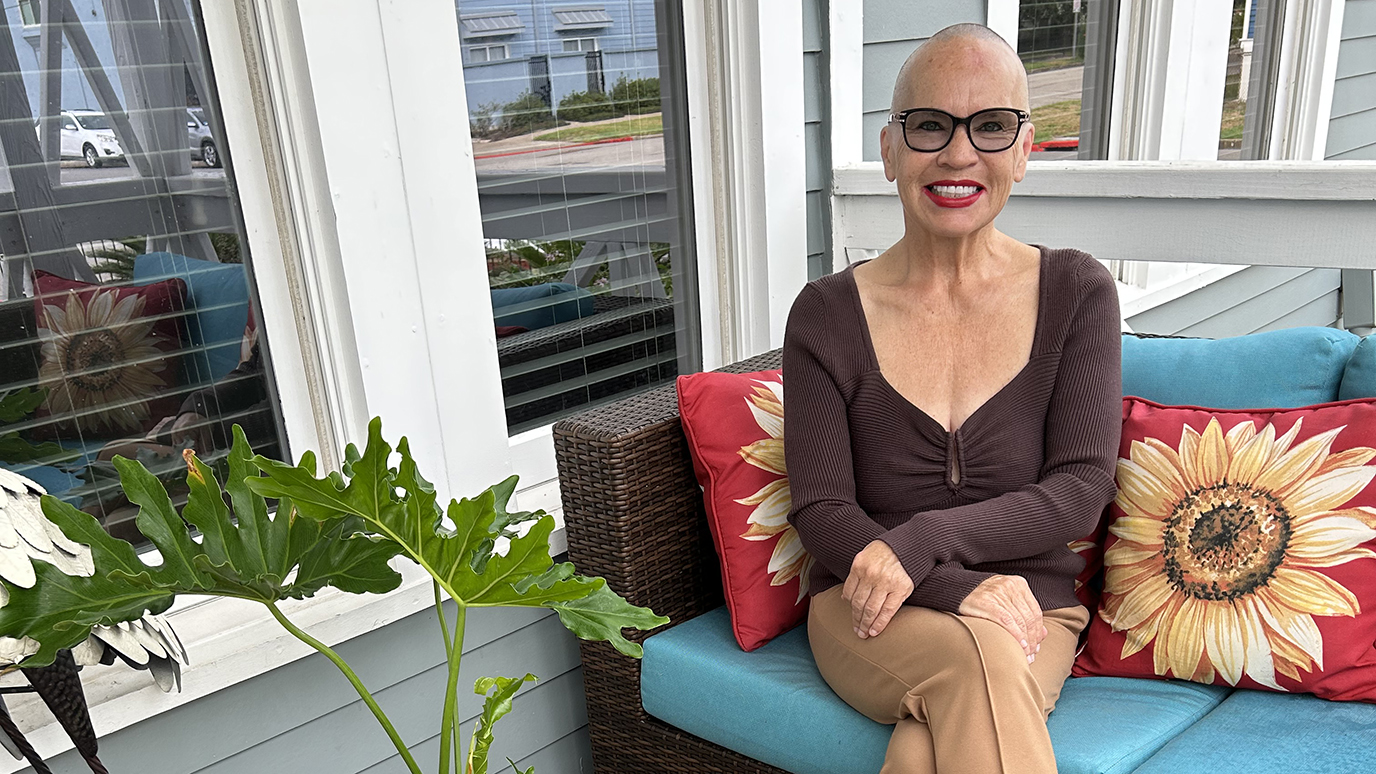- Diseases
- Acoustic Neuroma (14)
- Adrenal Gland Tumor (24)
- Anal Cancer (66)
- Anemia (2)
- Appendix Cancer (16)
- Bile Duct Cancer (28)
- Bladder Cancer (68)
- Brain Metastases (28)
- Brain Tumor (228)
- Breast Cancer (716)
- Breast Implant-Associated Anaplastic Large Cell Lymphoma (2)
- Cancer of Unknown Primary (4)
- Carcinoid Tumor (8)
- Cervical Cancer (154)
- Colon Cancer (164)
- Colorectal Cancer (110)
- Endocrine Tumor (4)
- Esophageal Cancer (42)
- Eye Cancer (36)
- Fallopian Tube Cancer (6)
- Germ Cell Tumor (4)
- Gestational Trophoblastic Disease (2)
- Head and Neck Cancer (6)
- Kidney Cancer (124)
- Leukemia (344)
- Liver Cancer (50)
- Lung Cancer (288)
- Lymphoma (284)
- Mesothelioma (14)
- Metastasis (30)
- Multiple Myeloma (98)
- Myelodysplastic Syndrome (60)
- Myeloproliferative Neoplasm (4)
- Neuroendocrine Tumors (16)
- Oral Cancer (100)
- Ovarian Cancer (170)
- Pancreatic Cancer (166)
- Parathyroid Disease (2)
- Penile Cancer (14)
- Pituitary Tumor (6)
- Prostate Cancer (144)
- Rectal Cancer (58)
- Renal Medullary Carcinoma (6)
- Salivary Gland Cancer (14)
- Sarcoma (236)
- Skin Cancer (294)
- Skull Base Tumors (56)
- Spinal Tumor (12)
- Stomach Cancer (60)
- Testicular Cancer (28)
- Throat Cancer (90)
- Thymoma (6)
- Thyroid Cancer (98)
- Tonsil Cancer (30)
- Uterine Cancer (78)
- Vaginal Cancer (14)
- Vulvar Cancer (18)
- Cancer Topic
- Adolescent and Young Adult Cancer Issues (20)
- Advance Care Planning (10)
- Biostatistics (2)
- Blood Donation (18)
- Bone Health (8)
- COVID-19 (362)
- Cancer Recurrence (120)
- Childhood Cancer Issues (120)
- Clinical Trials (622)
- Complementary Integrative Medicine (24)
- Cytogenetics (2)
- DNA Methylation (4)
- Diagnosis (226)
- Epigenetics (6)
- Fertility (62)
- Follow-up Guidelines (2)
- Health Disparities (14)
- Hereditary Cancer Syndromes (122)
- Immunology (18)
- Li-Fraumeni Syndrome (8)
- Mental Health (118)
- Molecular Diagnostics (8)
- Pain Management (62)
- Palliative Care (8)
- Pathology (10)
- Physical Therapy (18)
- Pregnancy (18)
- Prevention (890)
- Research (388)
- Second Opinion (74)
- Sexuality (16)
- Side Effects (602)
- Sleep Disorders (10)
- Stem Cell Transplantation Cellular Therapy (216)
- Support (404)
- Survivorship (322)
- Symptoms (184)
- Treatment (1768)
Clinical trial explores drug repurposing for non-small cell lung cancer treatment
BY Meagan Raeke
4 minute read | Published April 14, 2022
Medically Reviewed | Last reviewed by an MD Anderson Cancer Center medical professional on April 14, 2022
Over the last decade, the three-year survival rate for lung cancer has increased dramatically. That means more people are living longer after a lung cancer diagnosis.
Evelyn Saunders Webb, a retired cardiology nurse who lives in San Antonio, is part of that progress. But when she was diagnosed with non-small cell lung cancer (NSCLC) in 2014, a good outcome wasn’t a given.
Evelyn’s lung cancer is driven by a rare mutation called EGFR exon 20 insertion, which doesn’t respond well to chemotherapy or immunotherapy. Only 2% of people diagnosed with NSCLC have an EGFR exon 20 insertion mutation. And, at the time, there weren’t any therapies available to target lung cancer caused by this mutation.
Five years after Evelyn’s diagnosis, she was able to join a clinical trial of poziotinib, a targeted therapy identified and repurposed by MD Anderson researchers for the treatment of exon 20 mutated NSCLC. She’s now celebrating eight years and counting as a lung cancer survivor and three years since she started taking poziotinib.
A surprising lung cancer diagnosis
Although her sister had been diagnosed with lung cancer a year before her own diagnosis, Evelyn never expected to receive her own diagnosis.
“When my sister had it, I was shocked. I never thought that non-smokers could get it,” Evelyn says. “Then, when I started reading up on it, I realized there were a lot of stories from non-smokers, mostly women, who have lung cancer.”
At that point, Evelyn was already a cancer survivor, having overcome ovarian cancer in the 1990s. About 10 years after her ovarian cancer diagnosis, a breast cancer screening MRI picked up a small nodule on her lung. Because it was too small to biopsy, Evelyn’s doctors monitored the spot with CT scans for several years.
When her sister was diagnosed with lung cancer, Evelyn followed up with her doctor to schedule another scan. This time the scan showed a tumor that stretched across the upper and lower lobes of her right lung.
Lung cancer treatment and recurrence
Evelyn’s doctor recommended contacting MD Anderson, and she traveled to Houston for her first appointment in September 2014. Thoracic surgeon Stephen Swisher, M.D., removed the tumor, with a lobectomy of her upper right lung and segmentectomy of her lower right lung in October, and then Evelyn began chemotherapy. She had clear scans until a growth was picked up and treated with radiation therapy in 2017.
When it came back for the third time in 2018, a biopsy revealed that Evelyn’s cancer was driven by an EGFR exon 20 mutation. She also learned that MD Anderson was in the process of opening a clinical trial to treat EGFR exon 20 mutated lung cancer with poziotinib.
The clinical trial was a direct result of a drug repurposing pipeline, led by John Heymach, M.D., Ph.D., through MD Anderson’s Lung Cancer Moon Shot®. The program is part of the institution’s Moon Shots Program®, a collaborative effort to accelerate the development of scientific discoveries into clinical advances that save patients’ lives.
“I’m thankful that MD Anderson had this trial,” Evelyn says. “Exon 20 is a very rare mutation and I’m grateful that the scientists at MD Anderson care enough to do the research for something that not many people have.”
Poziotinib clinical trial
Evelyn was one of the first patients to join the international poziotinib clinical trial, led by Xiuning Le, M.D., Ph.D., and, so far, it’s kept her cancer at bay. Her care team, now led by thoracic oncologist Carl Gay, M.D., Ph.D., already has a back-up plan ready in case the cancer returns, with two other drugs approved last year to treat exon 20 mutated lung cancer.
Evelyn’s care team helped manage side effects that were “pretty rough” at the beginning, including severe diarrhea that led to weight loss. Since her doctors lowered the dosage, Evelyn has experienced mostly “nuisance” side effects: rash that flares up somewhere new each month, skin that’s prone to sunburn, dry eyes and inflammation around her nail beds.
“On the whole, I feel good,” Evelyn says. “My life has changed a little bit, but I’m not in bed sick. I can still do things; I just have to be careful. I can’t go out in the sun, which is a bummer because I like to garden and hike, but it’s worth it. I’m still here.”
Request an appointment at MD Anderson online or by calling 1-877-591-0965.
Related Cancerwise Stories

I’m grateful that the scientists at MD Anderson care enough to do the research for something that not many people have.
Evelyn Saunders Webb
Survivor





